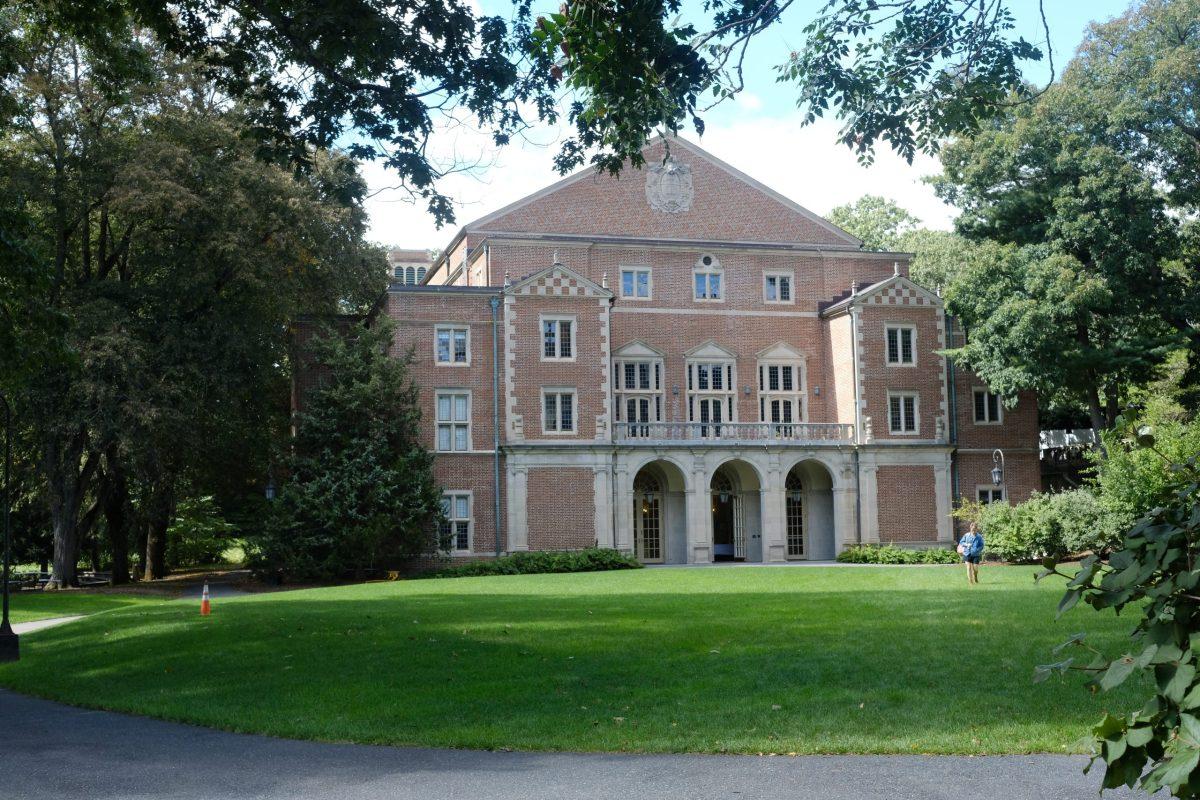The goal of college admissions is to consider an applicant holistically and personally, but words on paper reveal only a portion of what a person can offer. Realistically, four years of hard work cannot be summarized by a single number, and a person’s life story cannot be condensed into a single supplement. When cultivating a new class, Wellesley strives for both diversity and fit — but that can be tricky to balance without first determining applicants’ unwritten strengths. Since written mediums like brochures and activities sections can be extremely limiting and impersonal, I believe that Wellesley College should bring back alumni interviews for college admissions. Interviews, which Wellesley discontinued in 2021, give applicants a deeper understanding of the college, offer the admissions committee additional information about the applicant, and keep alumni connected to the institution.
Interviews can provide applicants with important details about Wellesley’s academic rigor, values, and campus culture. Furthermore, researching for an interview forces applicants to reflect on why they want to attend Wellesley past its location and acceptance rate. The only research currently required to answer Wellesley’s supplemental essay is browsing the Wellesley 100 and choosing two to write about. Though some applicants connect these offerings to their personal interests and goals, others do not fully consider what their place at Wellesley could be before hitting submit. Interviews are typically portrayed as opportunities for colleges to put faces to names — or personalities to pages of accomplishments — but they also allow applicants to envision their place at the institution and thereby bring the college to life. A student cannot fully know what it is like to be on campus until they arrive, yet having a comprehensive understanding of Wellesley before committing to four years could decrease transfer rates and increase overall student happiness.
Additionally, with the fall of affirmative action, interviews offer a space for students to share parts of their background that would otherwise remain concealed in their application. Applicants’ backgrounds are significant in higher education because they often indicate what a student can offer to the college community. Even though interviewers cannot explicitly consider race, applicants have the chance to speak candidly about how their circumstances have affected their experiences. The interview is, after all, a conversation about the applicant as a person — not solely regarding their academics or extracurriculars.
Some applicants also possess valuable skills that grades, activities or essays fail to reflect. These assets, such as effective communication, can shine through during an interview. It is certainly important that each admitted student demonstrates leadership skills and academic excellence, but at the end of the day, interpersonal skills are the key to a successful transition from college to the professional sphere. Sociability is just as important as other admissions considerations and is generally overlooked in college applications without interviews.
Like every part of the admissions process, the college interview has its faults, but Wellesley could resolve most issues through various policies. The first problem is accessibility: some applicants do not have access to Zoom, and others are limited in terms of in-person interviews because of their location. The fix is simple — make interviews optional, and give applicants an option for virtual or in-person meetings if they opt in. Not having an interview won’t hurt chances of admission, but performing well could be advantageous if admission officers are on the fence about an application.
The second concern is the age of interviewers: older alumni might portray Wellesley in a way that is inaccurate to current campus culture. With this, proponents of younger interviewers might advocate for current students to interview applicants. Even though current students would have the most accurate picture of what Wellesley looks like now, they have not been through four years of college, nor do they know the impact that Wellesley has on one’s postgraduate plans and professional career. Therefore, the best solution is to encourage recent alumni (ideally two to 15 years post graduation) to volunteer through the admissions process. This keeps the alumni network strong, and it encourages future participation and donation by maintaining connections early on.
As a first-year, I wasn’t given the option to interview at Wellesley, but I attended in-person interviews for three other schools. I genuinely enjoyed chatting with people I had never met before, and they offered a wealth of information that a website could never capture. I wish I was given the same opportunity for Wellesley — especially because one of our pull factors is a powerful alumni network. The implementation of interviews, if done right, could improve the quality of Wellesley from its students to alumni to the college as a whole.




